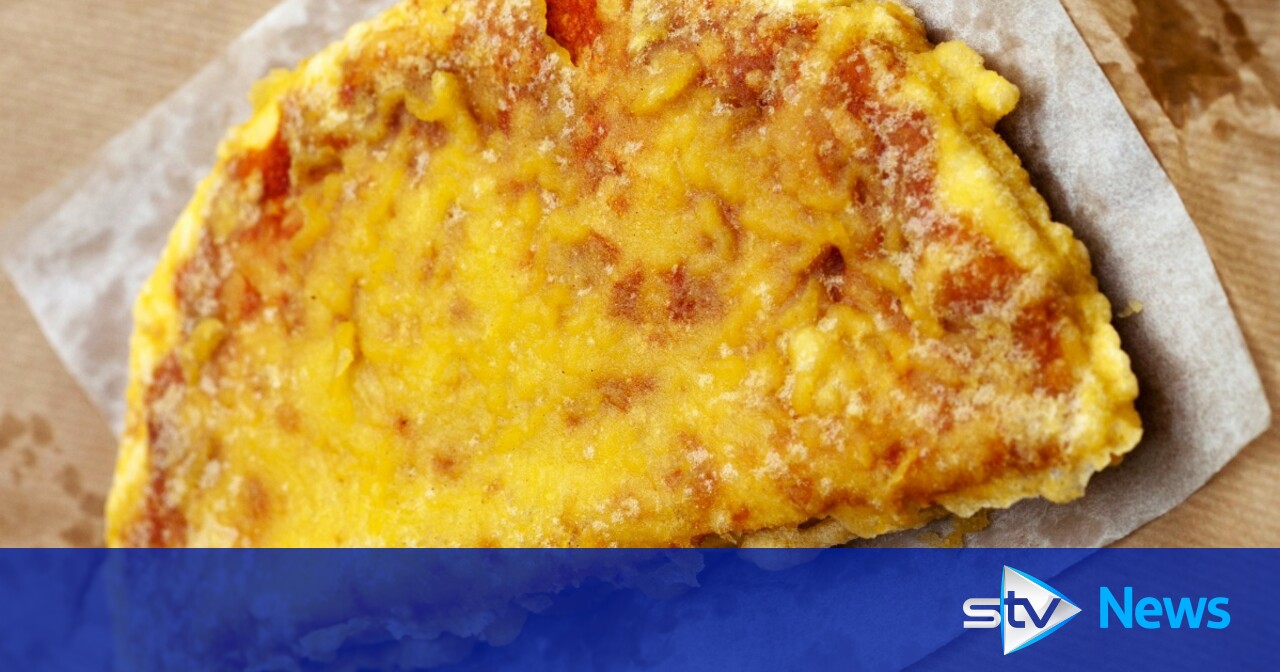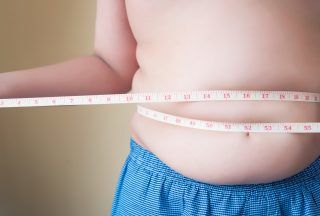An investigation into some of Scotland’s favourite takeaway dishes has presented “alarming” findings, according to the country’s food health watchdog.
Food Standards Scotland analysed 158 meals from independent outlets, including kebabs, battered pizzas (also known as pizza crunch), macaroni and cheese, and millionaire shortbread.
Beyond excessive calorie levels, the results revealed consistently high levels of saturated fat and salt, alongside a lack of dietary fibre in many popular dishes.
One mac and cheese meal sampled contained 101g of saturated fat – 421% of the recommended daily maximum.
Food Standards Scotland (FSS) wants the Scottish Government to take stronger, long-term action to improve the nation’s diet.
It comes after health experts warned Scotland continues to suffer some of Europe’s worst diet-related outcomes, with obesity and type 2 diabetes on the rise — particularly in deprived communities.
The average doner kebab was found to contain 1283 calories – 64% of the recommended daily amount for an adult female.
How many calories are in your takeaway?
The kebabs also contained 50% more saturated fat than the recommended daily limit.
The average portion of battered pizza came in at 1,327 calories – 66% of the daily recommended intake – and contained more than double the maximum recommended daily salt.
The average slice of millionaire shortbread contained 34.1g of sugar, described as a “significant contributor” to excess sugar intake.
FFS said regularly exceeding daily recommendations for calories, saturated fat and salt can lead to weight gain, high cholesterol and high blood pressure.
Focusing on children’s diets, on average, a kids’ portion of cheeseburger and chips contained 982 calories, 20.9g of saturated fat, and 3.4g of salt.
That equates to nearly 58% of the recommended daily calorie intake for a seven-to-ten-year-old, 98% of the maximum daily saturated fat, and 68% of the recommended salt limit.
A “striking variation” was found in portion size and nutritional content of the same meal across different outlets, with the calorie content of macaroni cheese ranging from 296 kcal to 2,107 kcal.
“We’re not here to discourage anyone from enjoying a takeaway — we understand it’s enjoyed by many and here to stay,” said Laura Wilson, head of public health nutrition at FSS.
“But Government policy needs to be more ambitious in tackling the widening health inequalities and meet Scotland’s ambition to halve childhood obesity by 2030.
“There are straightforward steps that food outlets and the wider industry can take to reduce overall calorie content and enhance the nutritional quality of their offerings.
“Making a modest reduction in portion size has the potential to reduce calories, reduce food waste and increase profitability if prices are retained, and support health whilst doing so.”
The research was carried out by FFS and Nesta, the UK’s innovation agency for social good.
The investigation found that some businesses had successfully produced and sold “slightly healthier” versions of popular “on the go” foods.
“These small changes can be beneficial to our health and we need to do more to encourage and support businesses to improve the nutritional content and reduce the calories in these meals, whilst still ensuring that our food remains enjoyable,” said Frances Bain, manager for Nesta’s A Healthy Life Mission.
“Five of the six meal types sampled contained over 50% of the maximum dietary recommendation for calories per day.
“11 out of the 14 food types sampled contained an average of over 600 calories, which is the suggested total amount for a meal.”
The Scottish Government has been contacted for comment.
STV News is now on WhatsApp
Get all the latest news from around the country
Follow STV News Follow STV News on WhatsApp
Scan the QR code on your mobile device for all the latest news from around the country


